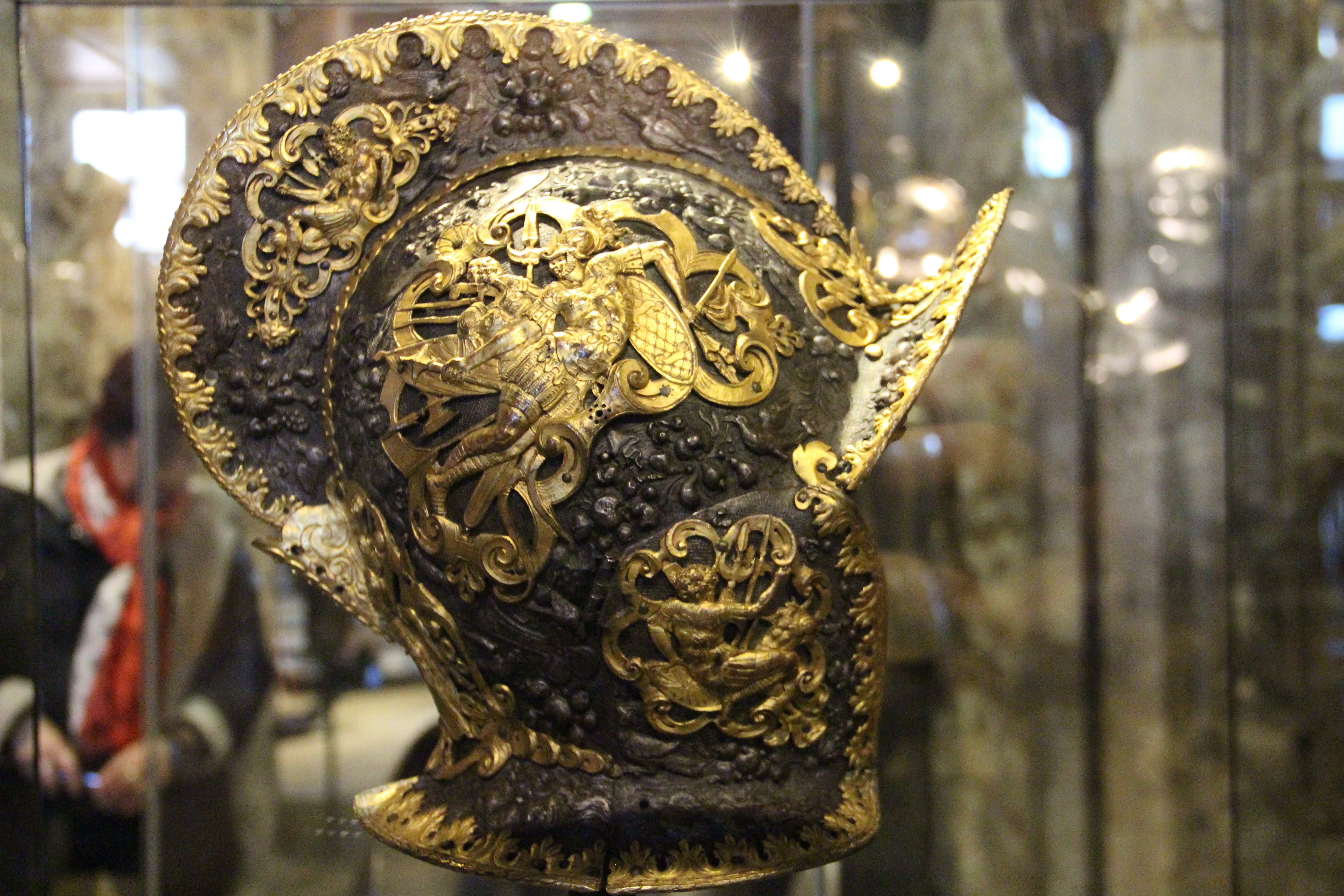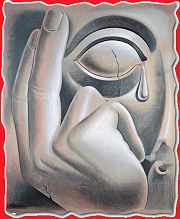Engaging the gamers: what motivates gamers to purchase virtual goods
Virtual goods market generates more than $15 billion in annual revenue globally and is rising rapidly. We demonstrate how and which extrinsic and intrinsic motivations influence gamers to engage and purchase virtual goods. In examining the interactive effects of individual- and group-level variables, we uncover the social influence dynamics that drive virtual purchase behaviour. Thus, we answer if the virtual economy-based purchase behaviour demonstrates an extension of real-world behaviour.
Beyond Bling: Comparing Conspicuous Consumption in Today’s Society
Funded by British Academy, I led project with Professor Keyoor Purani at IIMK. The project looks at the influence of economic conditions on contemporary conspicuous consumption tendencies among consumers in the UK and India. The project findings demonstrate the variations between the British and Indian consumers showing how socio-economic market conditions influence conspicuous consumption.
Make them ‘buy now’: How to make users comfortable in buying through your website?
Importance of consumer concerns To create and sustain long-term and mutually beneficial online and offline relationships organizations need to reduce consumers’ perceived risk; increase consumer [Read Story]
Event Invitation: Beyond Bling: The role of conspicuous consumption in today’s society
Beyond Bling: The role of conspicuous consumption in today’s society 6th November 2012, 3pm – 5pm Clarence Room, Hilton Metropole, Brighton [Read Story]
Does competitive intelligence help improve the bottomline? (Part 2)
In my last post on competitive intelligence, I discussed how competitive intelligence can help improve the bottomline in emerging markets. In [Read Story]
Does competitive intelligence help improve the bottomline? (Part 1)
Does competitive intelligence help improve bottomline? This post answers this question based on one of our recent research studies.
Listen to my latest radio interview






